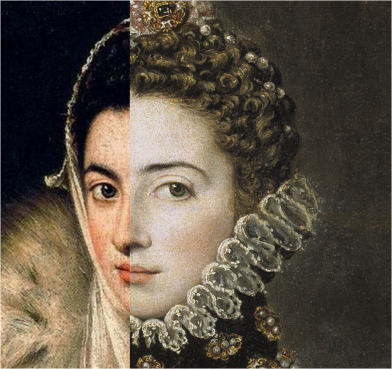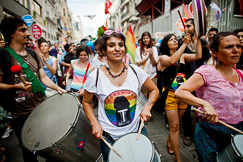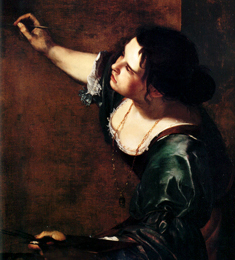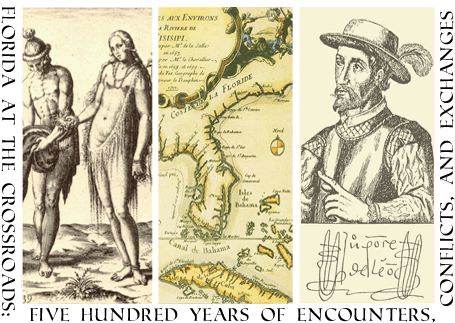The Legacy of Roman Law: A Conference in Honor of Louis A. Mangone
January 23-24, 2020
The conference will begin with a keynote lecture by Charles Donahue, Freund Professor of Law at Harvard University, on Thursday, January 23. Thursday's reception will begin at 4:30pm at the Kislak Center, followed by the keynote at 5pm. Then, on Friday, January 24, the conference will begin at 9am in the Shalala Center. View the schedule here. Please contact the Department of Classics with questions.
This event is sponsored by the Department of Classics, the College of Arts and Sciences and the Richter Library.
Undercurrents: Connection and Rupture in the Caribbean, from the Pre-Columbian Era to 1900
February 13-14, 2020
The movement of people, goods, and ideas has long shaped the economic, political, cultural, and social features of the Caribbean. Rather than taking this circulation for granted, this symposium will explore how the logistics, networks, and paths of movement varied over time and excluded as much as they included. In looking to establish with greater precision the relationships among the circulations of people, goods, and ideas, this symposium gathers scholars working in and across multiple disciplines, whose reflections will not only identify the specificities of local and regional dynamics, but also appraise their long-term impact on the Caribbean and its connections to the broader world.
As part of this symposium, Dr. Jennifer Morgan will deliver a keynote address, which will also serve as the 2020 Edith Bleich lecture. Please register for the lecture here and RSVP for the conference by emailing mll.events@miami.edu. These events are free and open to the public. Learn more about the Undercurrents conference here.
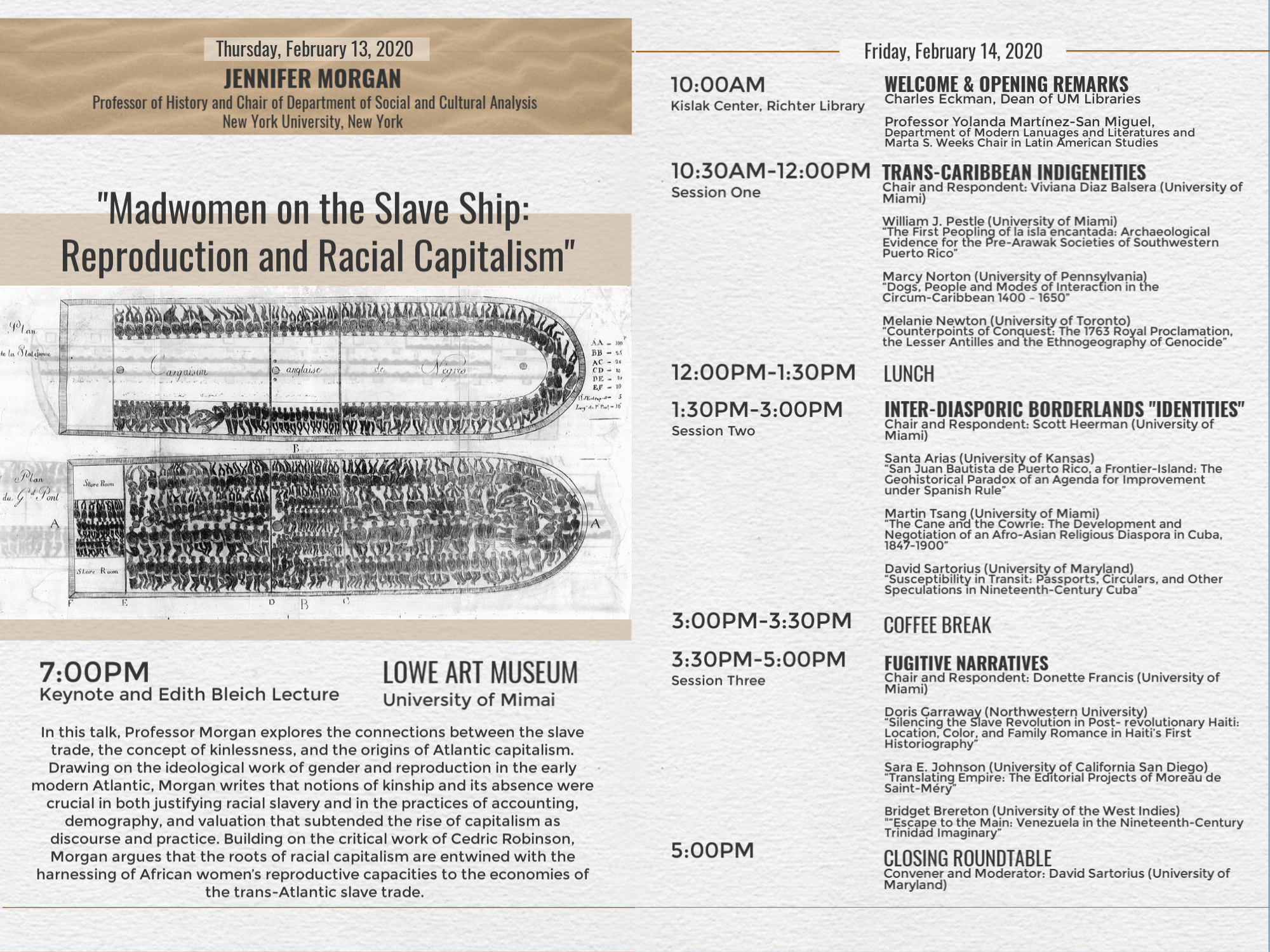
Dissent
The Society of Nineteenth-Century Americanists' Sixth Biennial Conference of C19
October 16-18 and October 23-25
C19: The Society of Nineteenth-Century Americanists is the first academic organization dedicated to nineteenth-century American studies. They are pleased to announce that “Dissent,” the sixth biennial conference of C19, will be sponsored by Penn State University.
They long nineteenth century was a time of political, social, and cultural volatility, marked by conflict, strife, discord, protest, and disagreement. It was an age of rebellion, riot, and revolution; it was an era in which social movements, such as women’s rights, labor rights, abolitionism, civil rights, Indigenous rights, land rights, anti-imperialism, and religious dissidence coincided with ideological revolt/s, such as communism, communitism, socialism, and spiritualism. It was an epoch of bodily dissent that incited and galvanized resistance to enforced and coerced gender, racial, class, and sexual norms. It was also a time in which literary and cultural formations expressly challenged artistic orthodoxy in favor of experiments in both content and form.
With this theme, the organizers aim to inspire a broad consideration of varied forms of “dissent”: nonconformity to existing identities, institutions, policies, practices, and norms in the long nineteenth century. What constitutes “dissent” in this period? How do we think through genealogies of dissent--that is, the ways nineteenth-century dissent might or might not offer a way to frame contemporary circumstances and formations?
For complete information on the conference including details on how to register and apply for travel grants, please visit their conference website.







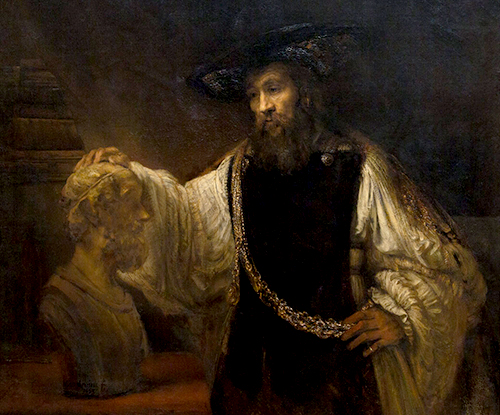
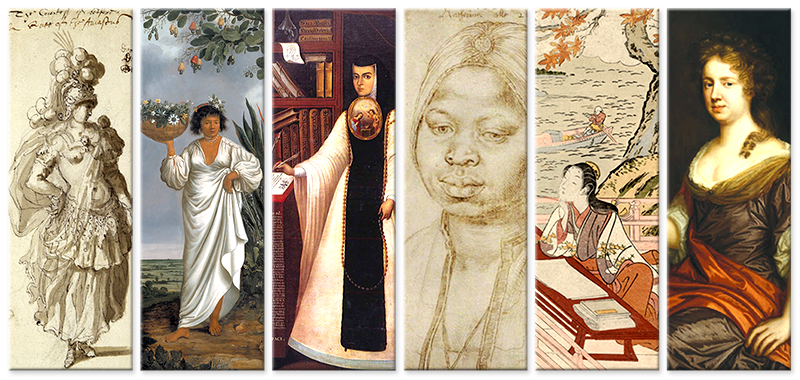
 Symposium
Symposium